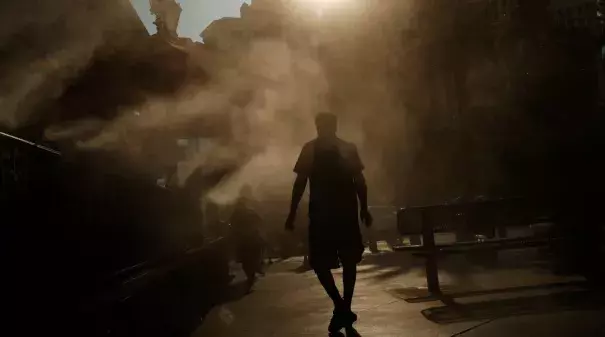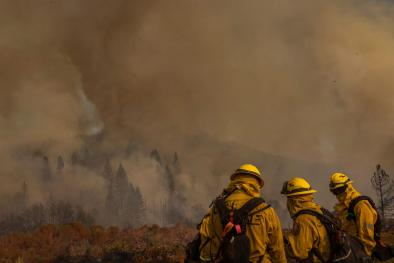Extreme Heat Is Another Legacy of Segregation

Signals Summary: Climate change has amplified the intensity, duration and frequency of extreme heat and heatwaves. Exposure to extreme heat can cause serious health problems, and certain vulnerable populations, including poor communities and communities of color, are especially at risk.
Article Excerpt: Racism has consequences, especially in an era of climate change.
A new study, published Monday in the journal Climate, has found that most communities with a history of redlining—the government-led practice of discriminating against communities of color by denying them home loans and insurance and labeling their neighborhoods “hazardous” to real estate investors with literal red lines on maps—experience higher land surface temperature than nearby communities that weren’t redlined.
This is alarming. The heat is only getting started, and it will only worsen if we continue to put more greenhouse gases into the atmosphere. That raises the risk of heat-related illness and even death. The harsher urban heat island in traditionally redlined communities could only increase the stress on communities of color as the climate crisis unfolds.
...
“Many of these hottest spots corresponded to the neighborhoods that were redlined in the 1930s,” co-author Jeremy Hoffman, the chief scientist at the museum, wrote in an email to Earther. “The next summer, we saw the same pattern emerge in our mapping of Baltimore’s urban heat. The more we looked into it, the more clear the pattern became.”
The study found that 94 percent of the 108 urban areas studied experience temperatures as much as 7 degrees Celsius (12.6 degrees Fahrenheit) higher in formerly redlined neighborhoods than non-redlined. And the authors don’t think this is a coincidence. They believe that the historical housing practices in the U.S. are directly related to this issue.
...
Low-income communities and communities of color already face disproportionate risk during extreme heat. Heatstroke, dehydration, exhaustion, and heart and asthma attacks could happen to anyone exposed to extreme levels of heat. But vulnerable individuals are less likely to have access to or be able to afford air conditioning, for example, to cool off when this type of warmth strikes. As the new study shows, they have to cope with the reality that their neighborhoods actually get hotter, too.
Related Content



